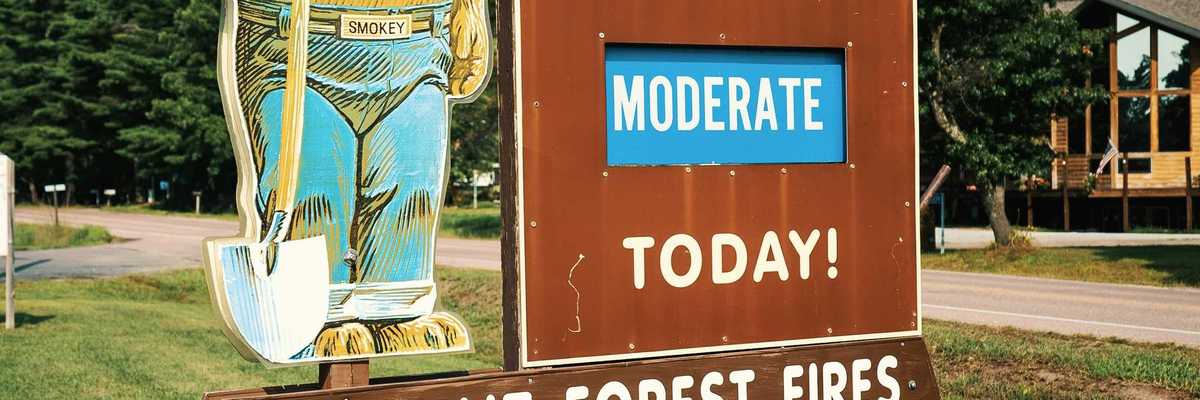climate accountability
Developing nations urged to enhance transparency in climate finances
Mukhtar Babayev calls for improved financial accountability in climate actions as developing nations seek significant funding.
In short:
- At the upcoming COP29, a new global goal for climate finance will be established, with transparency as a key focus.
- Babayev emphasizes the creation of a "transparency mechanism" to foster trust and effective climate action among nations.
- Current challenges include the discrepancy in reported emissions and actual emissions, and the misuse of funds designated for climate initiatives.
Key quote:
“It’s very important to build this correct, good and honest trust between the parties.”
— Mukhtar Babayev, ecology minister of Azerbaijan
Why this matters:
At previous COP meetings, discussions around climate finance often centered on the commitments of developed nations to support developing countries in their climate mitigation and adaptation efforts. However, transparency has frequently been a stumbling block, with concerns about the adequacy and reliability of reported financial flows. The focus on transparency at COP29 aims to build trust among countries and ensure that funds are used effectively and reach their intended targets.
Exploring the viability of suing oil companies for climate-related deaths
A new legal perspective raises the possibility of prosecuting oil companies for various types of homicide, excluding first-degree murder, due to their contributions to climate change.
In short:
- A recent Harvard Environmental Law Review article argues that fossil fuel companies could face homicide charges for knowingly contributing to lethal pollution.
- Legal experts and advocacy groups are discussing how traditional criminal law could adapt to address significant environmental harm caused by corporate actions.
- The concept of "climate homicide" is gaining traction, suggesting a shift from viewing harmful corporate behavior as merely costly to outright criminal.
Key quote:
"It’s supposed to be about protecting us from dangerous actors that would harm our communities. What if we actually use this system to protect us from dangerous corporate actors that are doing incomprehensible harm?"
— Aaron Regunberg, senior policy counsel at Public Citizen
Why this matters:
This approach uses legal frameworks traditionally applied to individual offenders and adapts them to corporate entities, potentially transforming how environmental damage is addressed legally and influencing corporate behavior toward greater public accountability.
What happens if the largest owner of oil and gas wells in the US goes bankrupt?
Five things to watch out for at Cop27
The international climate summit in Sharm el-Sheikh is less than a week away.









